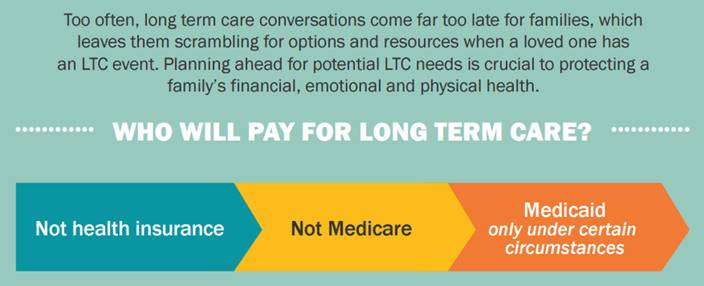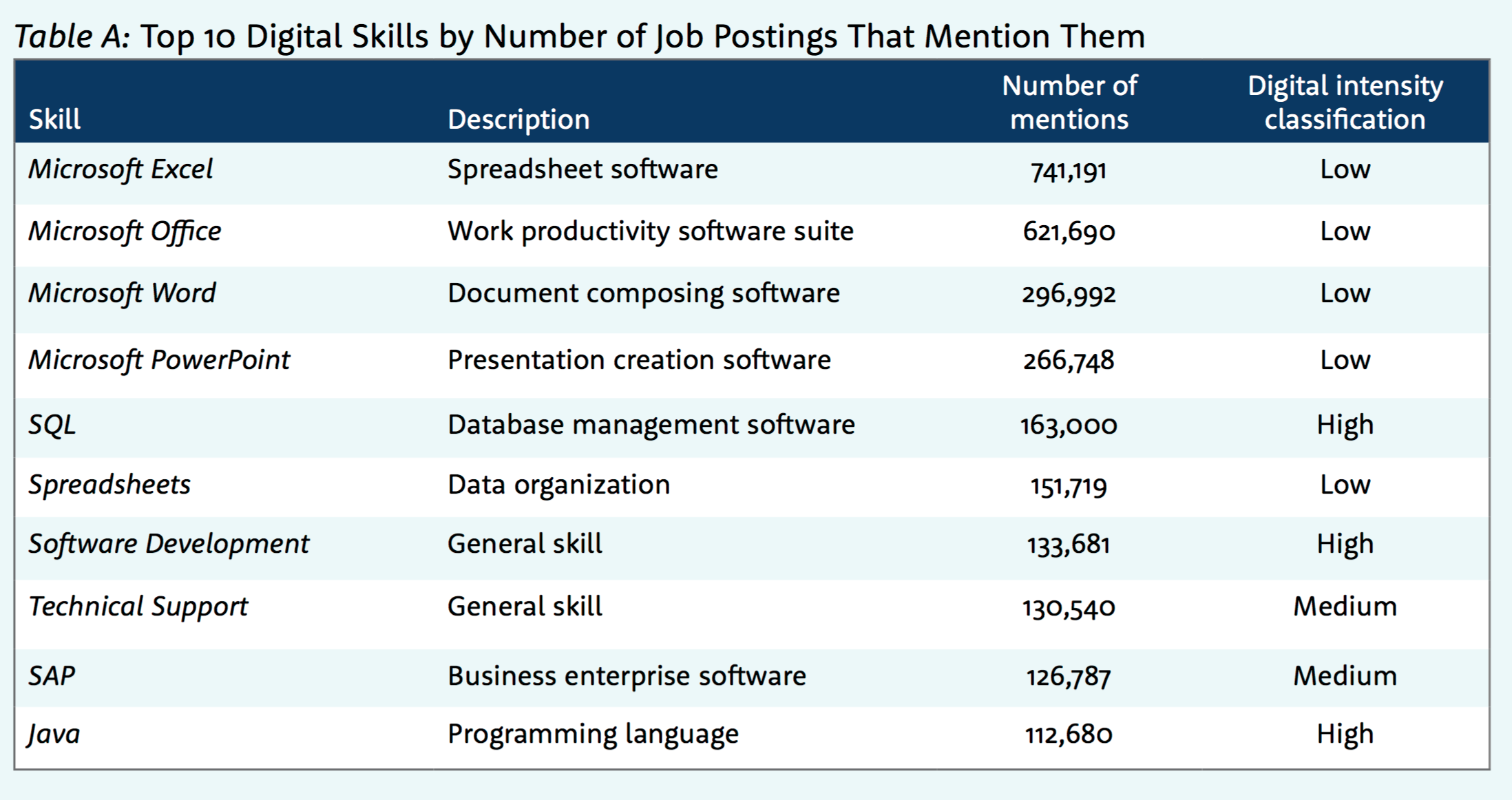
A chlamydia testing is a quick and easy method to check if your sexually transmitted infections (STIs) like chlamydia are present. If you have a positive chlamydia test, you must see your physician immediately to get treated. The test is vital because it may cause serious health complications if you don't get treated.
The chlamydia testing can be done in the doctor's office, or at a laboratory. The test is usually performed using a urine sample or a swab of secretions from your vagina, penis or anus.
There are a few different chlamydia screening tests. However, they all aim to detect the same bacteria. Some testing is based on a bacterium’s DNA while other types use antibodies to detect bacteria.
If your symptoms are present or you think you may be suffering from chlamydia then you will receive a chlamydia diagnose test. These tests will let you know whether you have chlamydia or not. They can also tell your doctor if they need to prescribe antibiotics.

You can do a self-test at home, but your healthcare provider will probably recommend that you get an official test. They can give you more information on the sample collection and results.
Screening procedure
Depending on your age and where you live, chlamydia screening can be offered to you through your doctor's office or your local public health clinic. The vast majority of people should be screened annually for chlamydia. This is especially true for sexually engaged women under the age 25, and pregnant females. At a gynecologist's checkup, you can also be tested for chlamydia.
Your doctor or an nurse will instruct you to urinate only in a clean, dry cup. They will collect the urine, and then send it to a laboratory for testing. The results are usually available within 7 days.
The CDC suggests that sexually active adults should have a chlamydia screen every year, regardless of whether they have symptoms or if their partner has not been infected. If you have HIV, don't use condoms, have a history other sex infections, or are part of a high risk group, then your chances of contracting the disease will be increased.
If you already have chlamydia but your treatment worked, you can retest around 3 months after starting the antibiotics. It is best to refrain from sexual contact during treatment in order not to reintroduce the infection.

How to do a chlamydia test male
If your healthcare practitioner recommends the chlamydia testing, they insert a small swab to your penis and anus. They will then collect a sample from your urine or other secretions. You will need to follow your provider's instructions carefully to make sure you can get a good sample.
If you have a chlamydia positive diagnosis, your doctor will prescribe antibiotics. Your provider will also advise you on how to use the medicine and how often to take it. It is very important to follow your doctor's instructions and take all of the medication as prescribed to cure your chlamydia.
FAQ
What are medical systems?
Medical systems are designed for people to live longer and healthier lives. They ensure patients receive the best medical care, when and where they need it.
They make sure that the right treatment is provided at the right time. And they provide the information needed for doctors to give the best possible advice on what treatment would suit each patient.
What is the value of the health care system
The country's health care system is a vital part of its economy. It helps people live longer, healthier lives. It also creates employment for nurses, doctors, as well as other medical professionals.
No matter what income level, health care systems ensure that everyone has access to quality healthcare services.
You will need to be able to comprehend the functioning of healthcare systems if your goal is to be a doctor or nurse.
What is a health care system?
Health systems encompass all aspects of care, from prevention to rehabilitation and everything in between. It includes hospitals, pharmacies and community services.
Complex adaptive systems make up the health system. They are complex adaptive systems with emergent features that cannot always be predicted by looking at each component.
Complexity of the health system makes it difficult to understand and manage. This is where creativity steps in.
Creativity allows us to find solutions for problems we don’t know how. We use our imaginations to create new ideas and develop ways to improve things.
People who think creatively are essential for health systems because they are always changing.
People who think creatively can help change the way health systems operate for the better.
What do you need to know about insurance for health?
If you have health insurance, you should keep track of your policy documents. If you have any questions, make sure to ask. If you don't understand something, ask your provider or call customer service.
When you are using your insurance, be sure to take advantage the deductible that your plan offers. Your deductible is the amount that you have to pay before your insurance covers the rest of the bill.
What is a health care system in public health?
Health System refers to all the activities involved in providing medical services for a population. It covers service delivery, financing and regulation as well as education, training, information systems, and research.
Statistics
- Over the first twenty-five years of this transformation, government contributions to healthcare expenditures have dropped from 36% to 15%, with the burden of managing this decrease falling largely on patients. (en.wikipedia.org)
- About 14 percent of Americans have chronic kidney disease. (rasmussen.edu)
- For instance, Chinese hospital charges tend toward 50% for drugs, another major percentage for equipment, and a small percentage for healthcare professional fees. (en.wikipedia.org)
- The health share of the Gross domestic product (GDP) is expected to continue its upward trend, reaching 19.9 percent of GDP by 2025. (en.wikipedia.org)
- Healthcare Occupations PRINTER-FRIENDLY Employment in healthcare occupations is projected to grow 16 percent from 2020 to 2030, much faster than the average for all occupations, adding about 2.6 million new jobs. (bls.gov)
External Links
How To
How to find home care facilities
Home care facilities assist people who require help at home. Home care facilities assist those with chronic illnesses, such as Alzheimer's, who can't move or are too elderly to leave their home. These services include personal hygiene and meal preparation, laundry, cleaning as well as medication reminders and transportation. They often work with rehabilitation specialists, social workers and medical professionals.
You can find the best home care services provider by asking friends, family and/or reading reviews on the internet. After you have identified a few providers, you can inquire about their experience and qualifications. You should look for a provider that offers flexible hours so that they can accommodate your schedule. Check to see if there is an emergency response available 24/7.
Your doctor or nurse might be able to refer you. You can search online for "home care" or "nursing homes" if you aren't sure where to look. For example, you could use websites like Yelp, Angie's List, HealthGrades, or Nursing Home Compare.
For more information, you can also contact your local Area Agency on Aging or Visiting Nurse Service Association for further assistance. These organizations will keep a list of local agencies who specialize in home care.
Because many home care agencies charge high fees, it is essential to choose a reliable agency. In fact, some agents charge up to 100 percent of a patient’s annual income. It is best to avoid this problem by choosing an agency with a high rating from the Better Business Bureau. Get references from past clients.
Some states require home-care agencies to register with their state's Department of Social Services. You can check with your local government to find out which agency registration requirements apply.
Consider these factors when looking for a homecare agency.
-
Don't pay upfront if you don't want to receive services.
-
Look for a reputable and well-established business.
-
Particularly if you pay out-of-pocket, be sure to get proof of insurance.
-
You must ensure that the state licenses your agency.
-
Get a written contract that outlines all costs involved with hiring an agency.
-
Check to confirm that the agency offers follow-up visits following discharge.
-
Ask for a list if credentials and certifications.
-
Never sign anything without having read it.
-
Pay attention to the fine print.
-
You should verify that the agency you are dealing with is insured and bonded.
-
Ask how long the agency has been operating.
-
Verify that the State Department of Social Welfare has granted the agency a license.
-
Find out whether there are any complaints against the agency.
-
Call your local government department that regulates home care agencies.
-
It is important to ensure that staff members answering the phones are qualified to answer any questions you may have about homecare.
-
Talk to your accountant or attorney about the tax implications for home care.
-
Always obtain at least three quotes for every agency providing home care services.
-
Accept the lowest offer, but don't settle for anything less than $30 per an hour.
-
You may have to pay multiple visits to a home-care agency every day.
-
Always read the contract carefully before signing it.